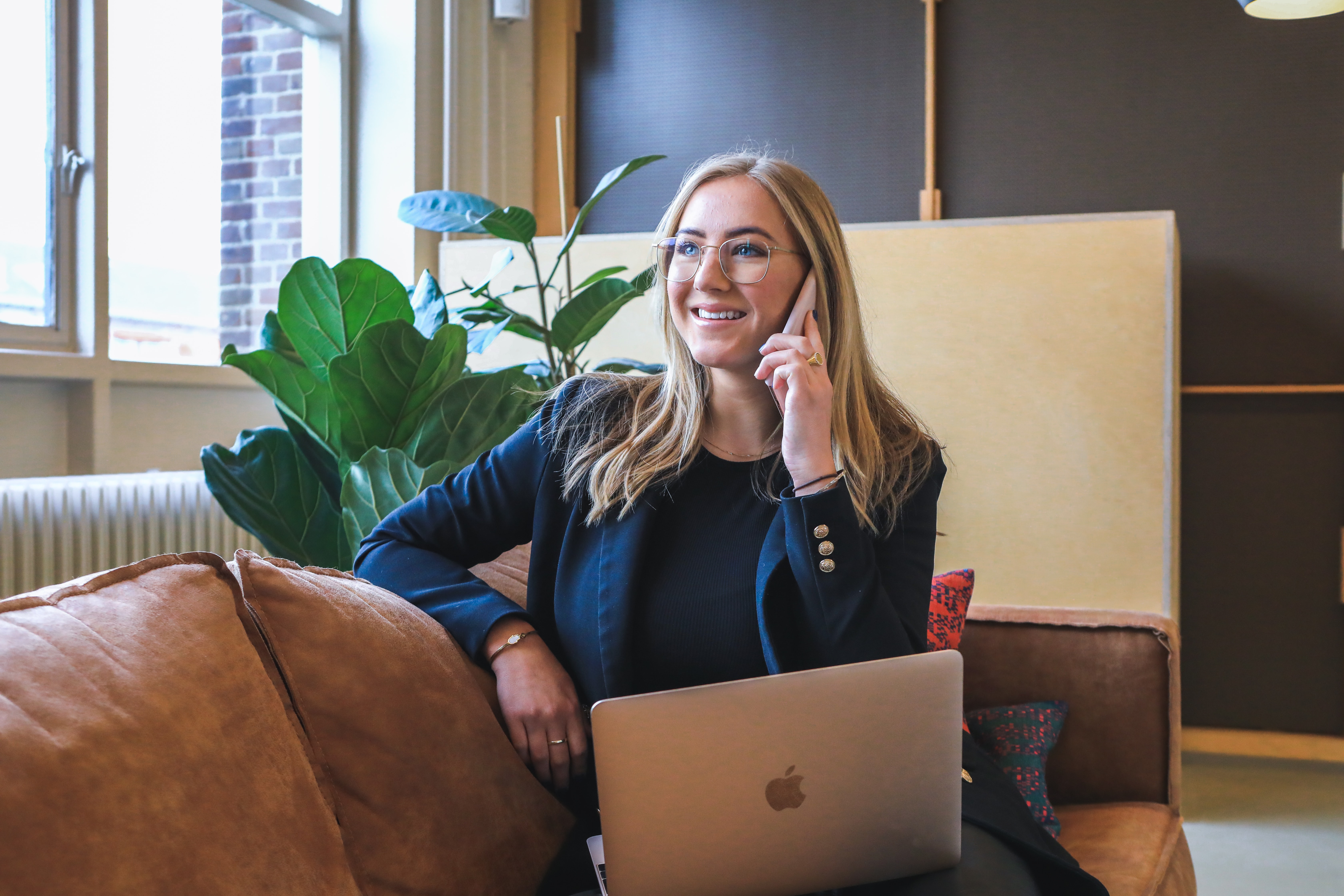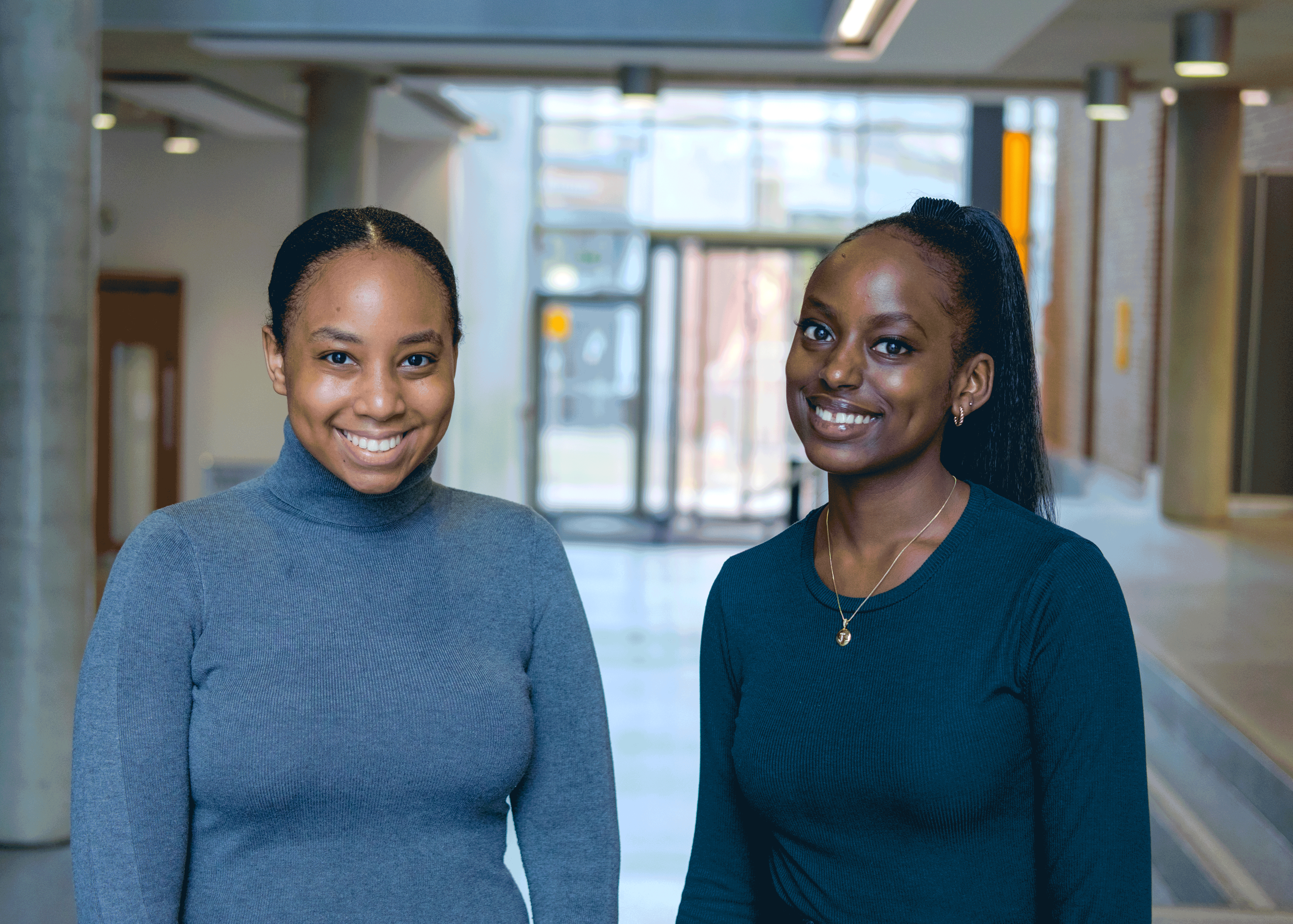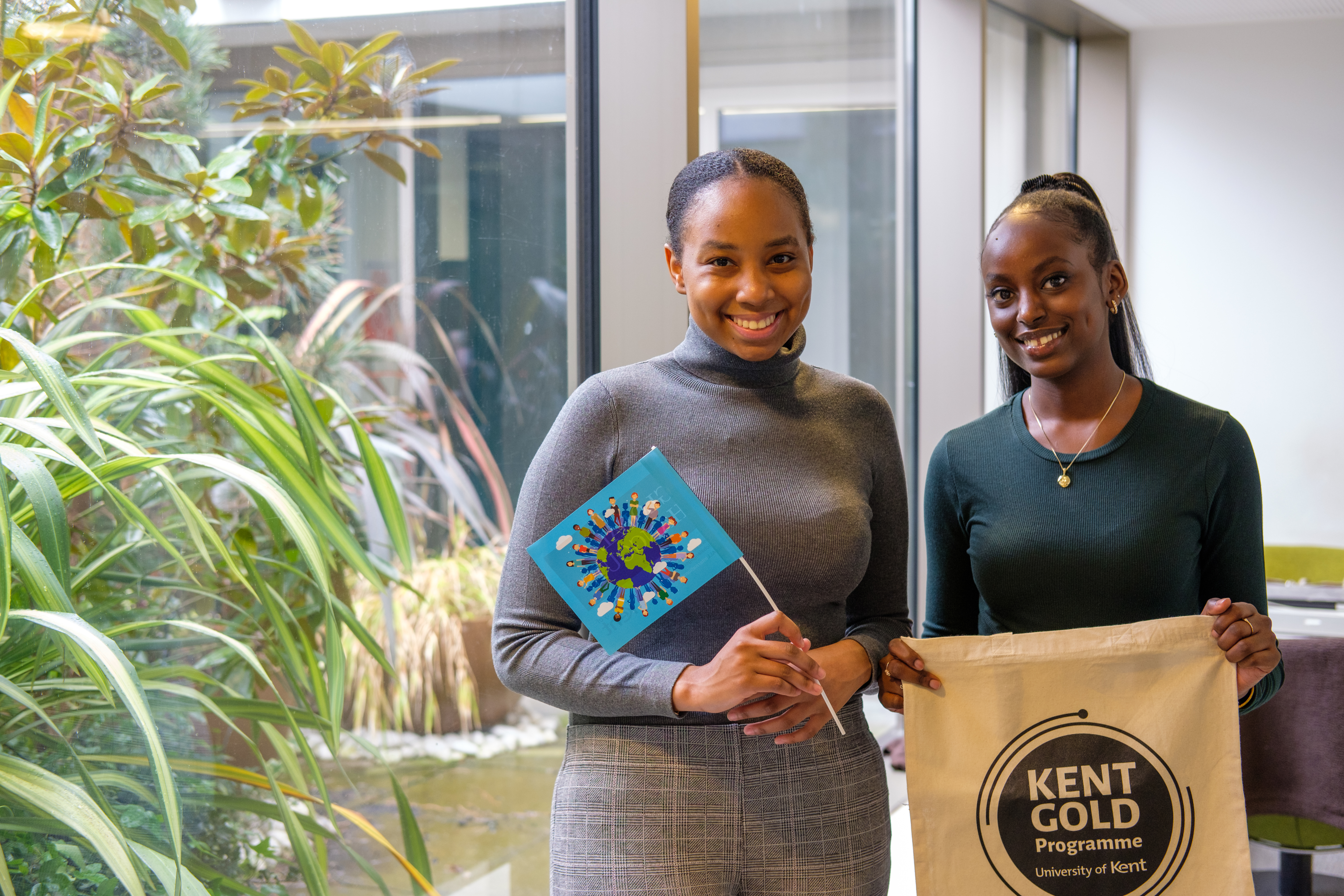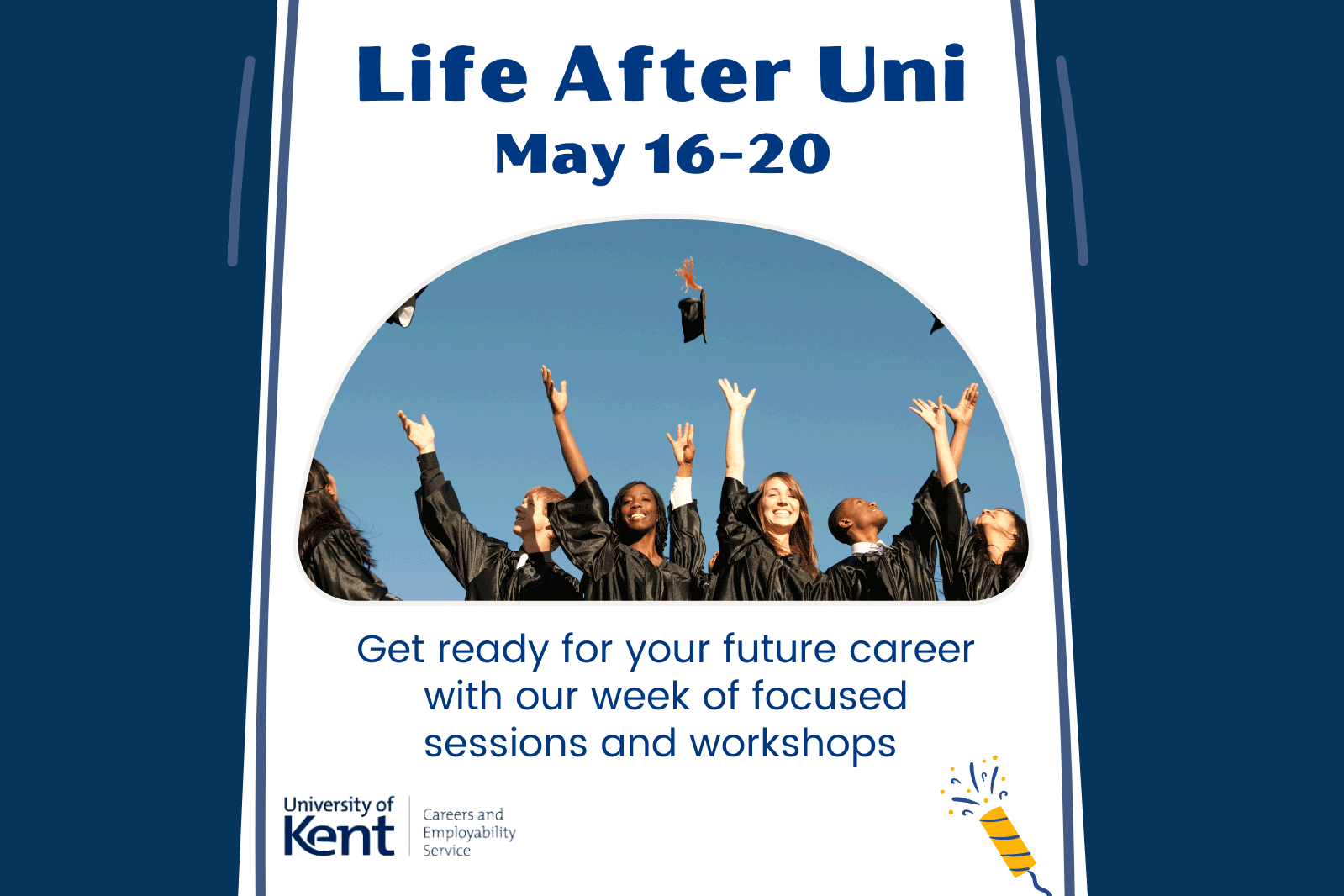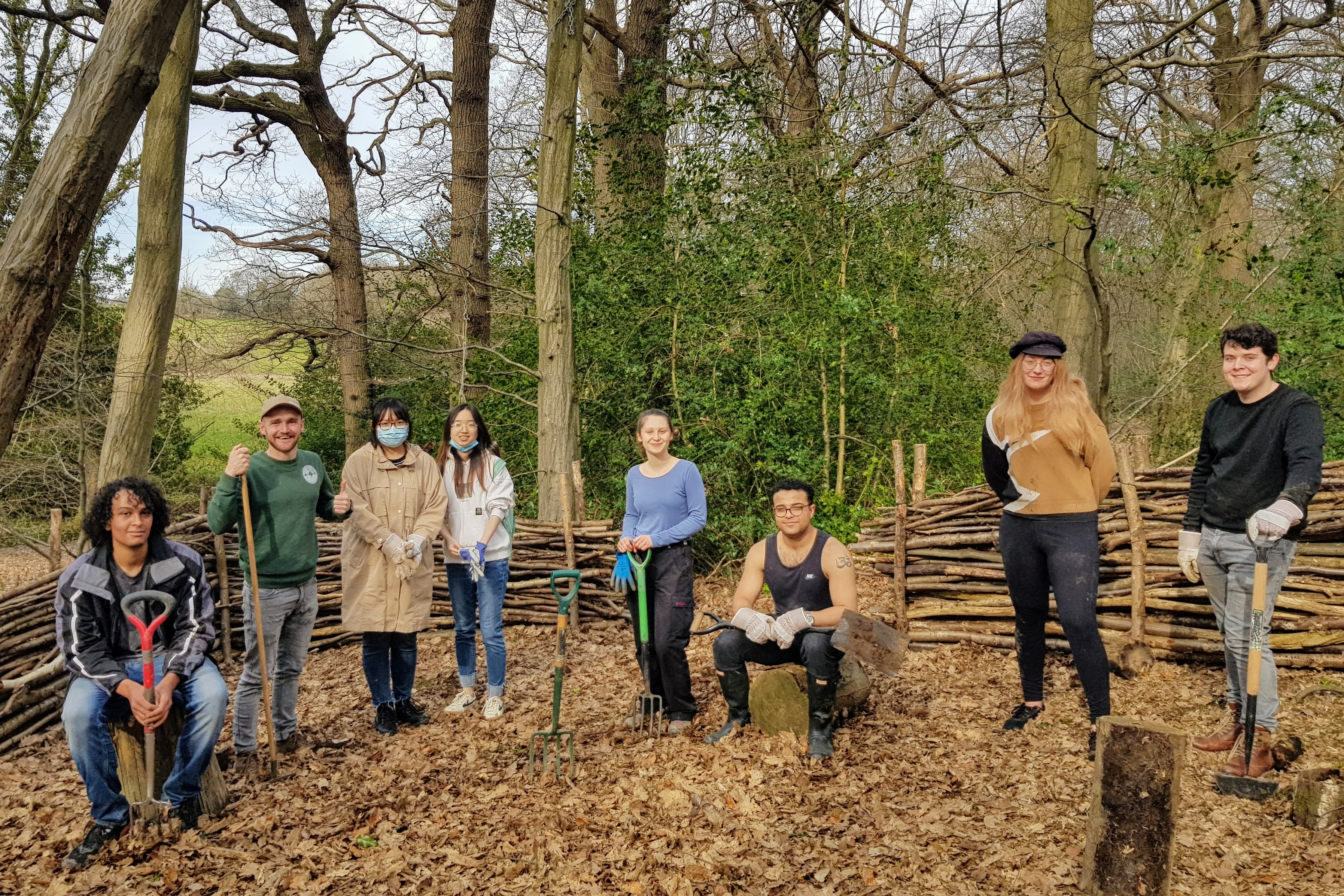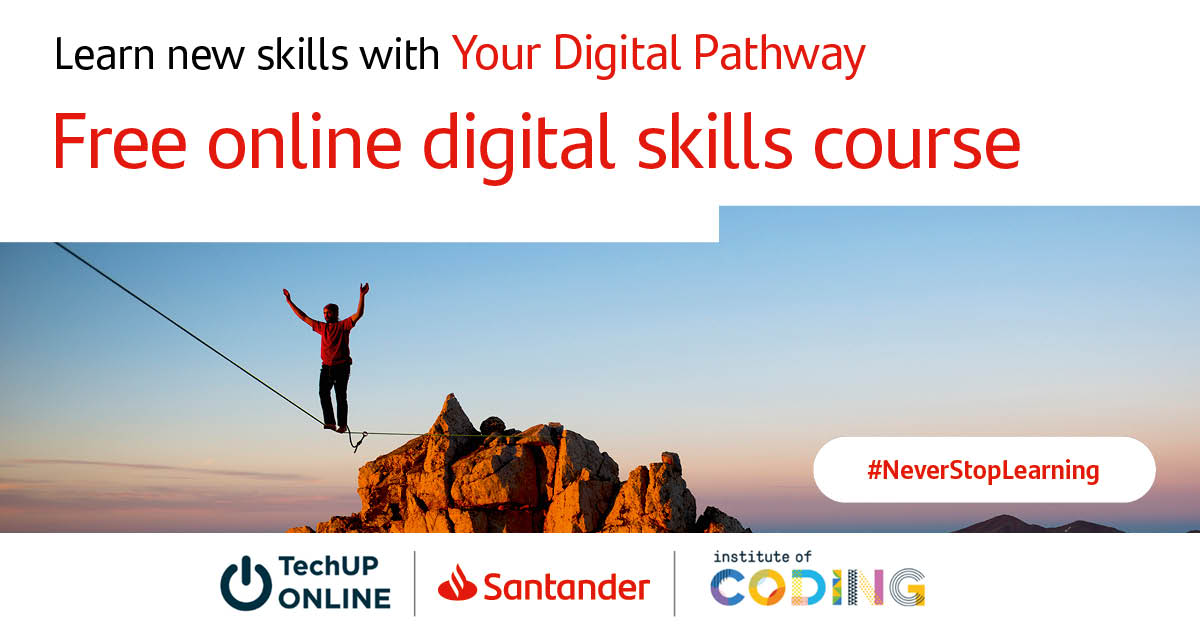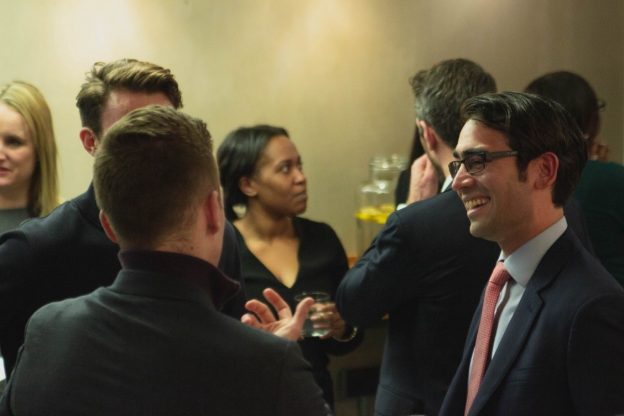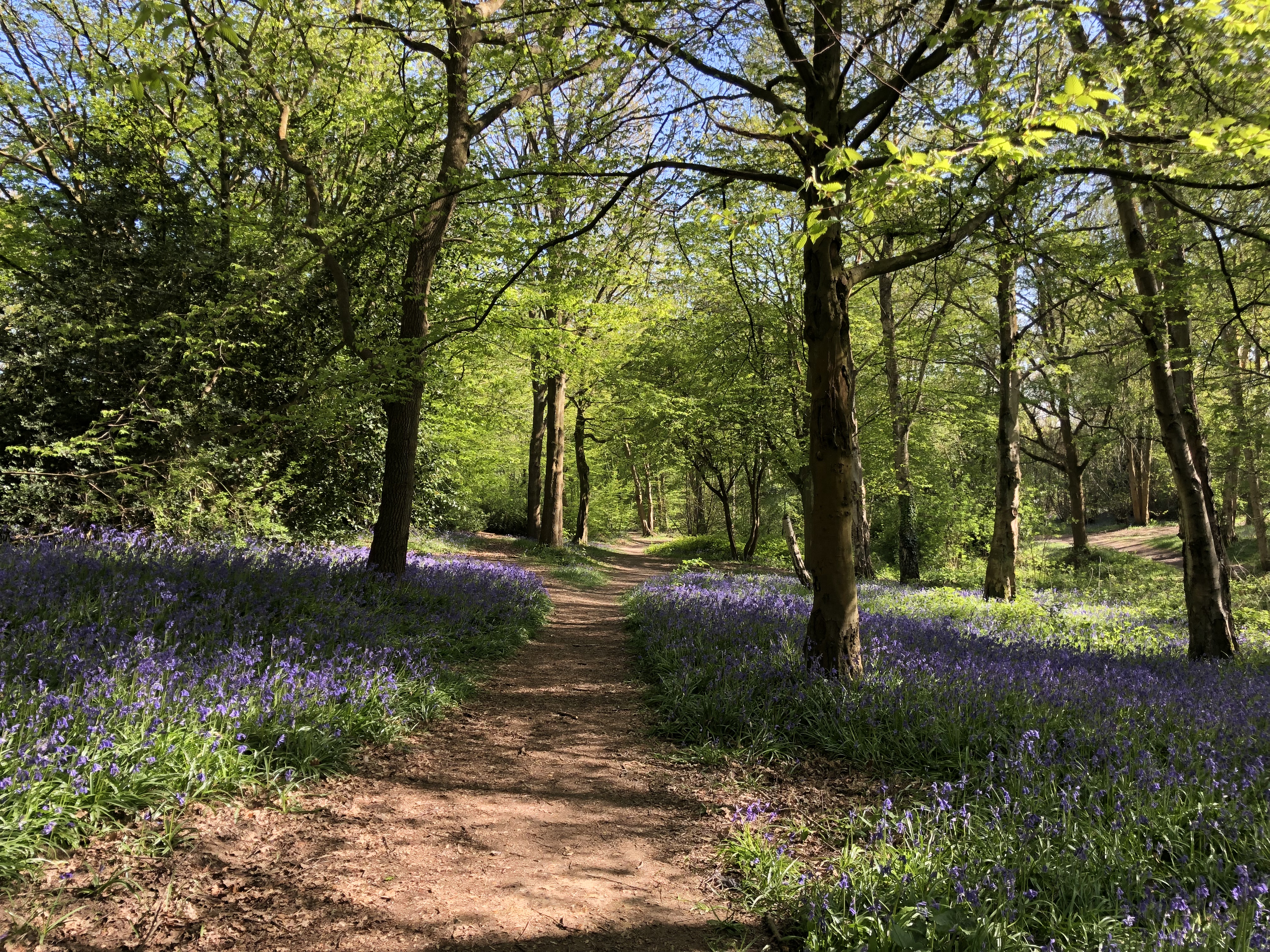Connecting with others with similar interests and outlooks on life can help us manage the difficulties that everyday life can throw at us.
Despite the warming weather, Spring can also mean stress over exams, deadlines, and applications for summer employment or graduate employment, making it sometimes feel overwhelming and draining on our psychological coping resources.
Here are some suggestions on activities and initiatives that can help you find ‘your tribe’ and enjoy the wellbeing benefits of surrounding yourself with support from like-minded others.
College and community life at Kent
The College and Community Life (CCL) Team is dedicated to assisting you in connecting to other students within and across the eight university colleges. For example, you could join a Mindfulness Walk exploring Darwin, Rutherford and Eliot Colleges or play lawn games at Darwin Rose Gardens with other students.
The CCL team regularly organises events open to all students, providing exciting opportunities to make new friends and connections. Past events have ranged from Harry Potter quizzes to bush craft workshops, so you are bound to find events that connect you with others who share your interests. To find out more about events happening on our campuses, you can follow CCL on social media or check out the CCL events calendar for more information on other social opportunities like the regular Dolche Vita breakfast club or Rutherford Lunch Club.
Kent Community Oasis Garden (KentCOG)
The KentCOG provides you with a platform to de-stress and volunteer with other students immersed in beautiful nature, right next to the Canterbury campus. By taking care of the beautiful garden and engaging in regular sustainability activities, you can participate in various de-stressing activities with other students interested in sustainability and gardening. In May, the garden will host exciting events such as a house plant swap and a walk where you can identify different species of bumblebees with other students, check out the KentCOG calendar for more details.
Sports teams
If sports get you going, you may wish to consider giving one of the University’s numerous sports clubs a go. These teams are only open for Kent students and allow you to team up with other students, develop new skills in a friendly environment, and broaden your network across multiple disciplines. The University also holds specific competitive sports teams, which allows you to team up to represent your university with others. So, whether you are a more experienced team sport player or have always wanted to give a team sport a go, take the opportunity while you’re at uni to get some exercise, meet new people and have fun!
Kent Sport
The ALL Active Programme is open to all students and offers a variety of weekly activity sessions. First years and students living on campus can access the sessions for FREE as part of their Kent Sport inclusive membership, otherwise the sessions are £2 per session with a Kent Sport pay to play membership (no set up fee required).
Prefer to walk, run or cycle around our picturesque Canterbury Campus at your leisure? Check out these marked out 1 mile, 2km, 3km campus routes, or grab a map from outside the Sports Centre and next to the Law School building opposite the Library lawn. If you’re on or near the Medway campus, check out Medway council’s Get active pages, including led health walks and cycle rides.
Give it A Go is a programme of FREE active and create sessions being delivered in partnership with Kent Sport and Kent Union throughout the summer term, providing a variety of activities for students to try out, meet new people and develop your skills – these could be craft sessions, sports, trips off campus and much more! At Medway? There is a Give It A Go Programme at The Hub Medway too!
Student groups
The numerous student groups of Kent can be a great way to find your community and expand your network. The groups are formed by the students, brought together by similar interests, hobbies, or calling towards a particular cause. In fact, there are over 250 student clubs to choose from, with more added each year. In addition, many societies continue to organise events and socials even at the end of the academic year, so it is not too late to take part and join the fun!
Mental health support
We have several peer support groups where you can connect with like minded students who may have shared experiences, check out our Student Support and Wellbeing calendar for what’s on online and on campus.
If you’d like to know more about how we can support you with mental health, disabilities and long term health conditions, specific learning difficulties and autism, take a look at the Student Support and Wellbeing webpage. If you feel you need urgent mental health support please take a look at the Emergency Support page. Have you used Student Support services this academic year? If you want to comment on your experience or give suggestions for the development of support at Kent, please take a quick online survey to share your feedback and ideas.
Written by Antti Lattula, third year student, on 01.05.22
Check out further articles on Support and Wellbeing, College Life and Community Life.
